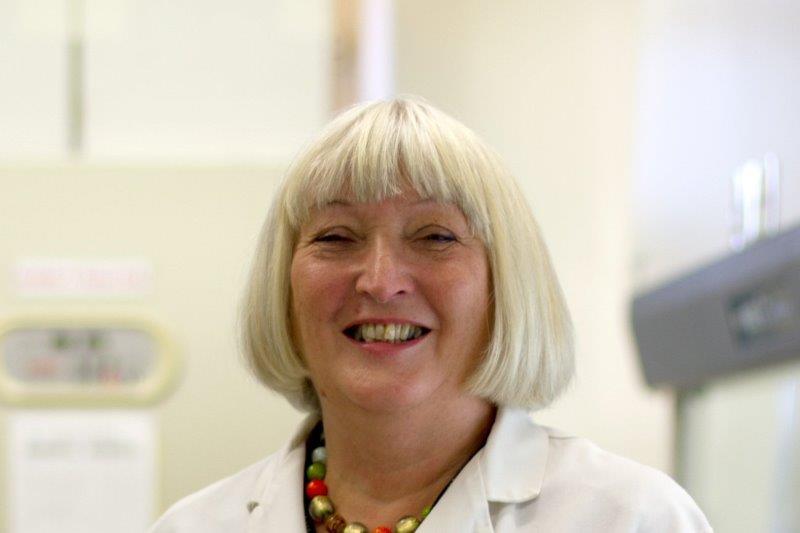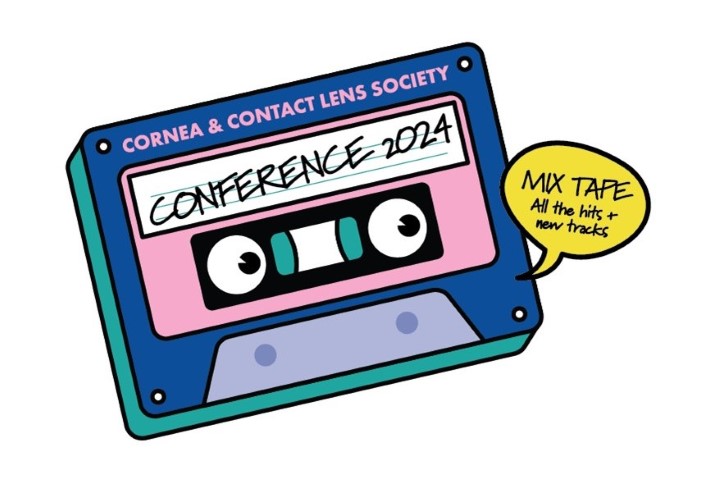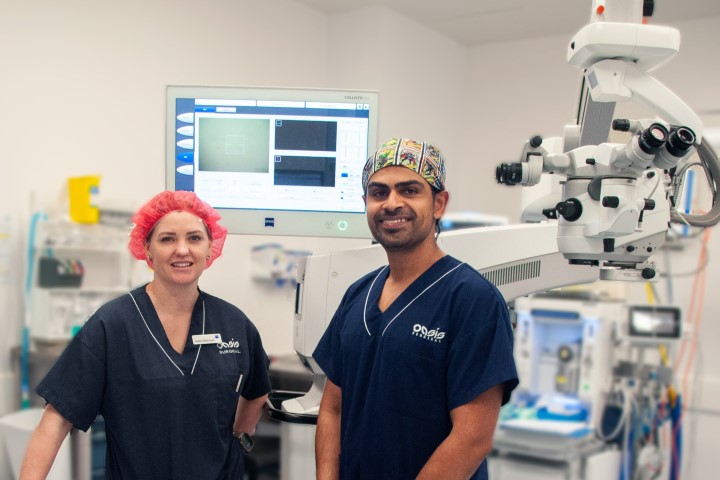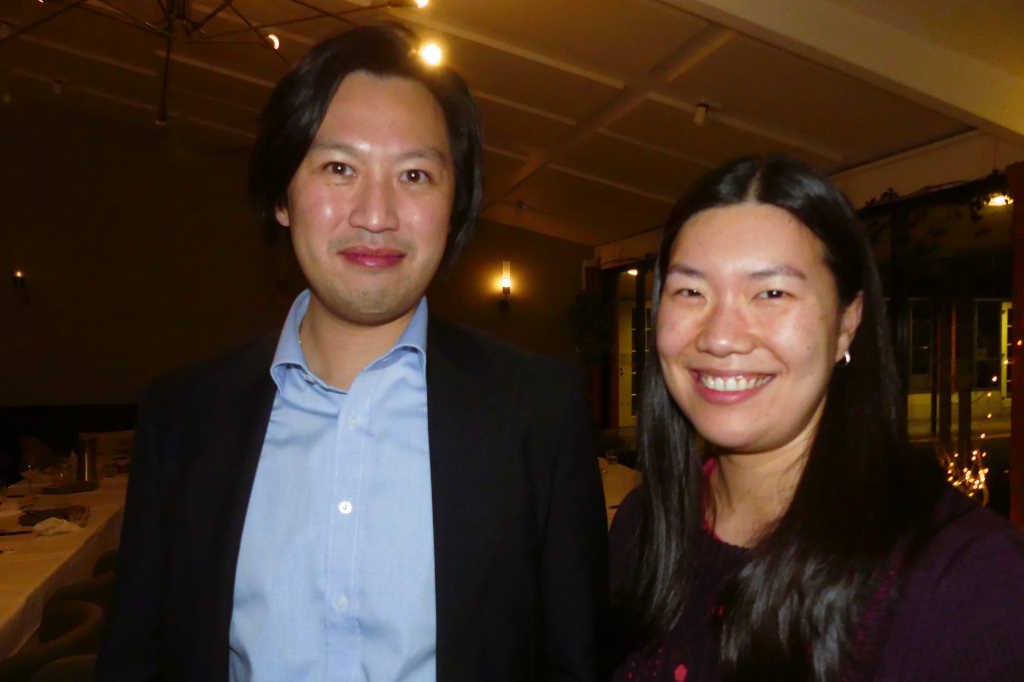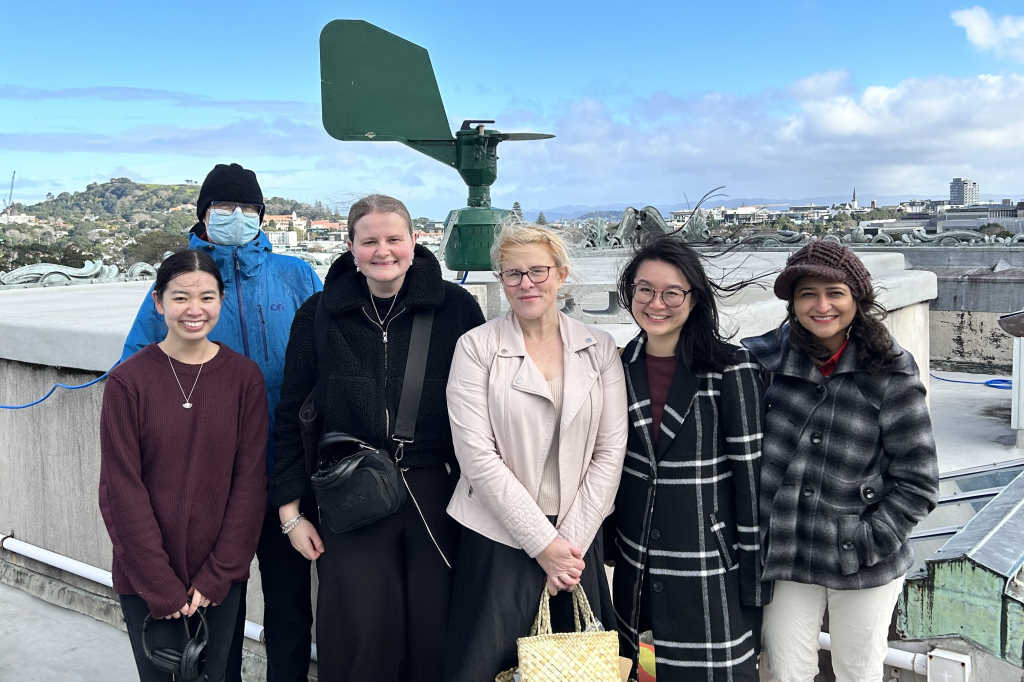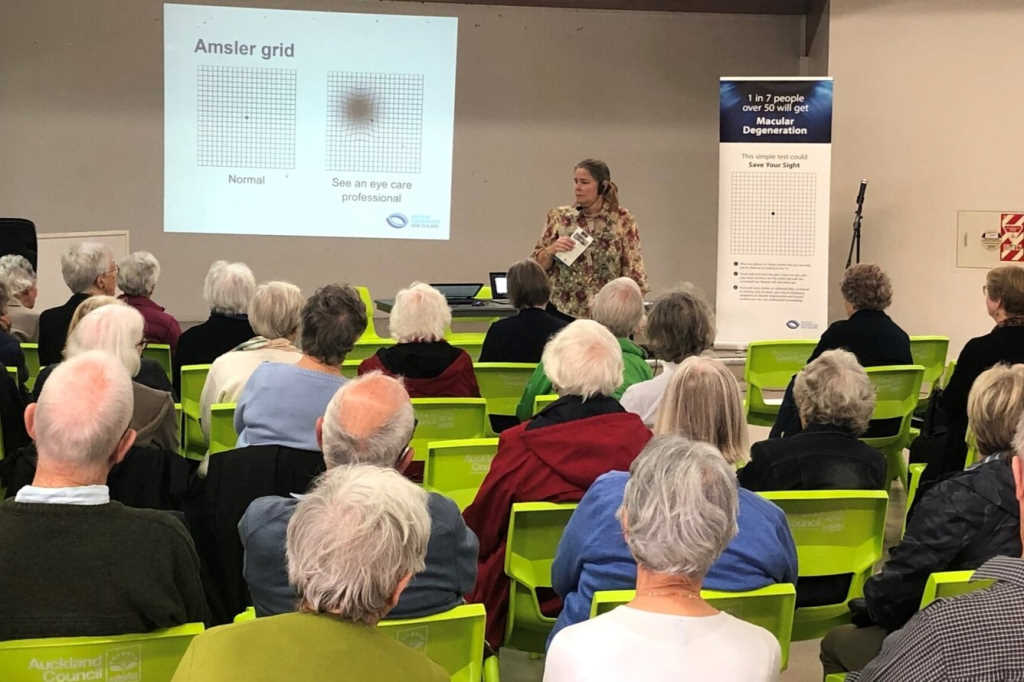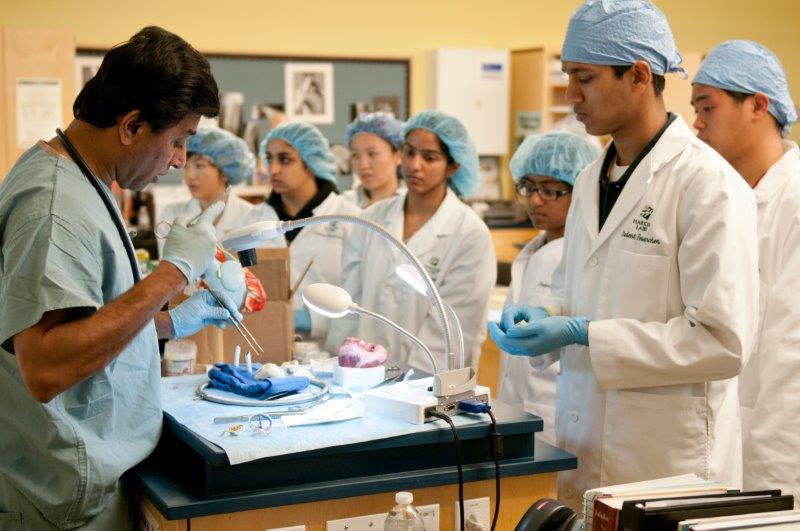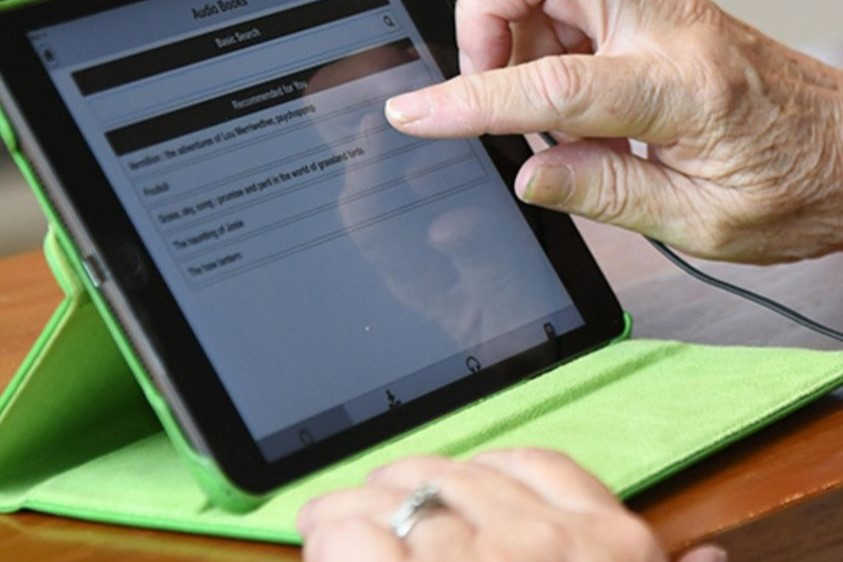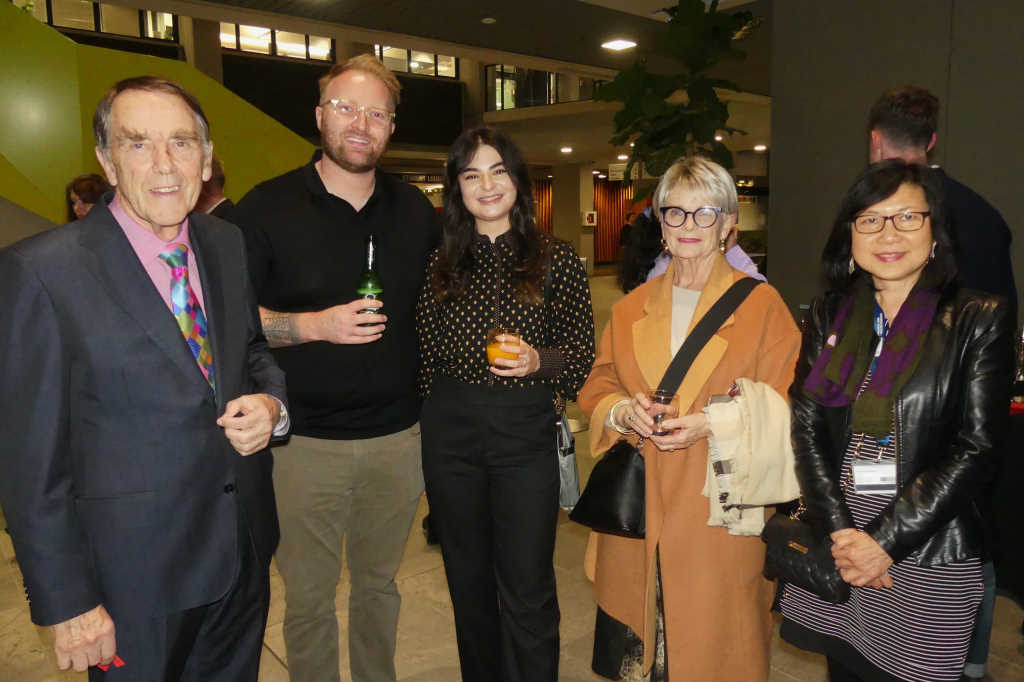SLET 90% cheaper than CLET
A simplified version of a treatment pioneered in India to treat limbal stem cell deficiency (LSCD) has demonstrated comparable efficacy to its predecessor but at just 10% of the cost, according to a paper published in the British Journal of Ophthalmology.
Pioneered in India in 2012, cultured limbal epithelial transplantation (CLET) uses lab-grown stem cells from donor placentas to repair conjuctivalised corneas. Researchers led by Professor Sheila MacNeil at the University of Sheffield, UK, collaborated with a team from LV Prasad Eye Institute in Hyderabad, India, under Dr Virender Sangwan to instead use cells from patients’ healthy eyes in a process termed simple limbal epithelial transplantation (SLET).
SLET still uses amniotic membrane from donated placentas, but it acts as the substrate for the healthy cells to grow on the affected cornea. Thus the technique does not require specialist ex vivo cell expansion facilities or the second surgery necessary with CLET. In India, the novel SLET approach costs just 10% of the cost of CLET and has shown almost identical favourable outcomes in adults and significantly better outcomes in children. These cost savings and the lack of regulatory approvals required for ex vivo cell expansion should allow for more patients around the world to be treated, said researchers.
Prof MacNeil said, “The new technique we have developed has had a huge impact on the way patients with damaged corneas have been treated in India, and now this new research shows that as well as being an effective treatment it is also much cheaper than the traditional method. While this was developed to reduce the costs and numbers of surgeries to make the technique more accessible for patients in India, this simplification of the technique is very timely for all countries where hospitals are facing financial pressures and surgical resource issues in response to the Covid-19 pandemic.”










